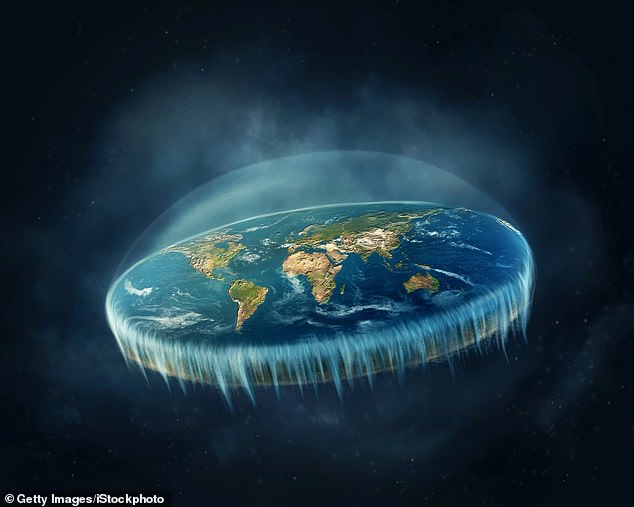
Study Links Conspiracy Theorists Like Flat Earthers to Excessive Overconfidence
Are You a Flat Earther? Study Links Conspiracy Beliefs to Overconfidence
By Xantha Leatham, Science Editor
People who believe in fringe conspiracy theories—such as the Earth being flat or governments controlled by reptilian elites—tend to exhibit extreme overconfidence and mistakenly assume others share their views, a new study reveals. Published in Personality and Social Psychology Bulletin, the research suggests this overconfidence may explain why debunking such claims rarely changes believers’ minds.
Cornell University researchers analyzed data from 4,181 participants across eight U.S. studies. Participants completed cognitive tasks and estimated their performance, revealing their level of overconfidence. Those who scored poorly but believed they excelled were more likely to endorse conspiracies like the moon landing being faked or vaccines being tools for government control.

Flat Earth believers, depicted above, often overestimate public agreement with their views, the study finds.
Key Findings:
- Overconfidence Gap: Conspiracy theorists consistently overrated their problem-solving abilities.
- False Consensus Effect: While only 12% of participants believed conspiracies, those who did wrongly estimated 90% of others agreed with them.
- Cognitive Weakness: Believers showed weaker analytical skills but exaggerated their competence.
“Conspiracy theorists aren’t just confident—they’re miscalibrated,” said lead author Dr. Gordon Pennycook. “They don’t realize how fringe their beliefs are.”

Dr. Pennycook noted overconfident believers are “unaware of how far on the fringe they are.”
Why It Matters
The “false consensus” effect complicates efforts to counter misinformation. Overconfident individuals resist acknowledging opposing evidence, assuming their views are mainstream. This creates a cycle where fringe ideas persist despite widespread rejection by experts.
The Flat Earth Example
One prominent conspiracy claims Earth is a flat disc encircled by an Antarctic ice wall. Flat Earthers dismiss space imagery as government fakery and insist the planet is stationary. NASA and scientists globally reject these ideas, but believers attribute this to a coordinated deception.
Implications: The study highlights how overconfidence and social misperception fuel conspiracy adherence. Combating misinformation may require addressing these cognitive biases directly.
For more science updates, follow our coverage at DailyMail.com.


